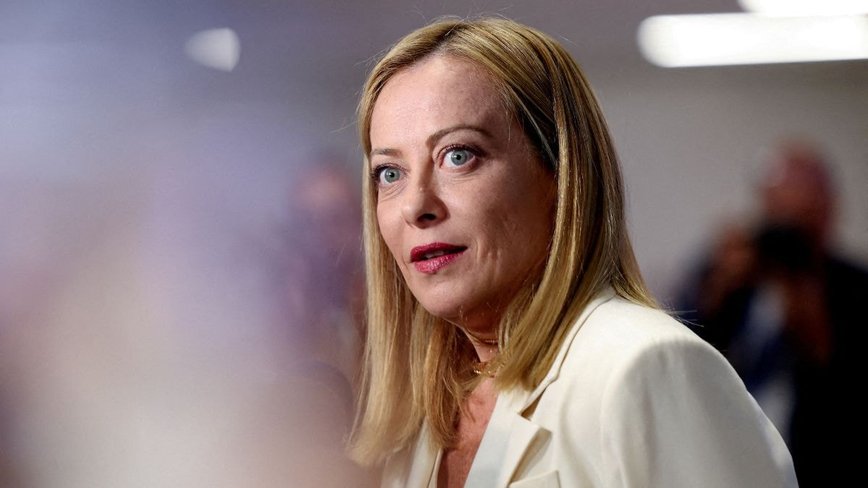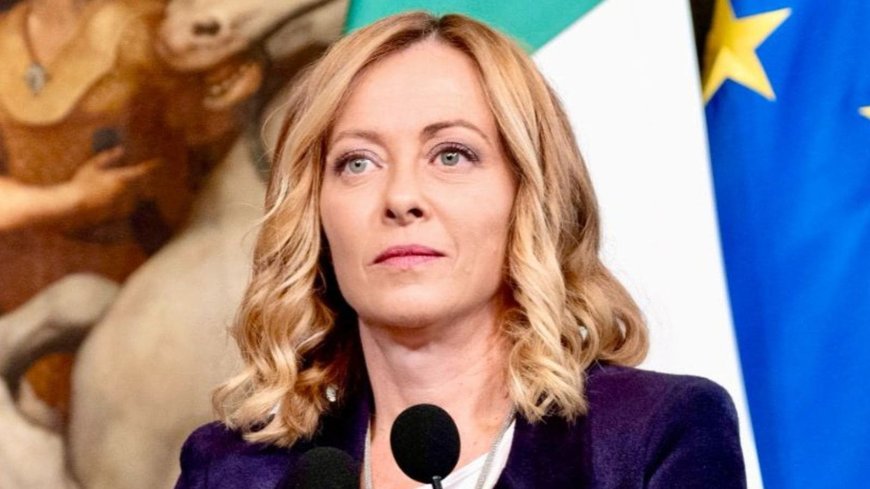
Scandal Erupts As Fake Images Of Italian Pm Giorgia Meloni Surface On Porn Site on OnlyLikeFans

Deepfake Controversy Shakes Italy
In a shocking twist, a pornographic website has stirred outrage in Italy by publishing fake images of several high-profile women, including Prime Minister Giorgia Meloni and opposition leader Elly Schlein. These manipulated images, which come with offensive captions, were pulled from social media and public sites before being doctored and uploaded.
This scandal has reignited a national conversation around misogyny and violence against women, reminiscent of the global #MeToo movement. The controversy follows a similar incident in 2024, where Meloni sought 100,000 euros in damages after deepfake videos of her appeared online, marking a recurring nightmare for the Italian leader.
Targeted Women and Public Reaction
The doctored images were posted on Phica, an Italian platform with over 700,000 subscribers, sparking widespread public outcry. Among the other women targeted were Meloni's sister, Arianna, actress and director Paola Cortellesi, and influencer Chiara Ferragni. Political figures like Alessandra Mussolini and tourism minister Daniela Santanche also found themselves victims of this digital attack.
“It's not just about me. It's about all of us. It's about our right to be free, respected, and to live without fear,” stated Valeria Campagna, a Democratic Party politician, expressing her disgust and anger upon discovering her own altered images on the site.
In response to the scandal, an online petition demanding the shutdown of the offending site has already gathered more than 150,000 signatures, and political leaders are rallying for action.

Legal and Societal Implications
Italian authorities are now investigating Phica, which has operated since 2005 without major interference, following complaints filed by members of the Democratic Party. This situation echoes the broader issue of non-consensual image sharing, highlighted by a 2019 University of Milan study, which found that one in five Italian women had experienced such violations.
The scandal has brought attention to Italy's recent legal advancements, including a Senate law passed in July that defines femicide as a criminal offense and imposes stricter penalties for stalking, sexual assault, and "revenge porn." This legislation aims to combat the very issues that have surfaced through this digital debacle.
Globally, the misuse of deepfake technology has affected numerous public figures, with similar incidents involving Bollywood stars like Rashmika Mandanna. The ongoing investigations and public discourse in Italy could set a precedent for addressing these digital abuses worldwide.















